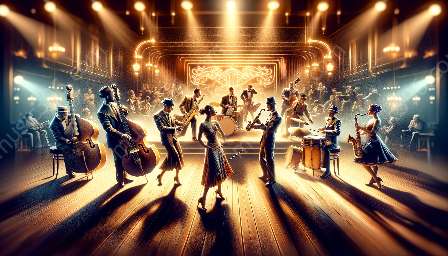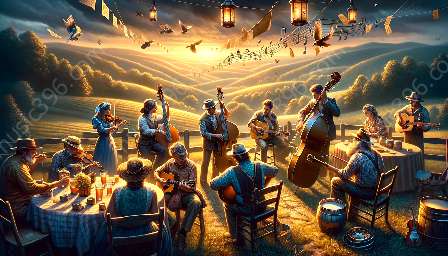Bossa nova music, originating from Brazil, is renowned for its captivating melodies and soothing rhythms, but its lyrical content also holds a significant role in shaping the genre's emotional and cultural impact. The fusion of melody and poetry in bossa nova lyrics underpins the distinctive charm and allure of this musical style.
Exploring the Origins of Bossa Nova
Before delving into the role of lyricism in bossa nova music, it's essential to understand the genre's origins and the cultural context that shaped its evolution. Bossa nova emerged in the late 1950s and early 1960s in Brazil, particularly in Rio de Janeiro. It was a fusion of samba rhythms with influences from jazz, creating a unique and sophisticated sound that captured the essence of Brazilian sensibility.
Defining Lyricism in Bossa Nova
The lyrical aspect of bossa nova is fundamental to its identity and appeal. The poetic nature of bossa nova lyrics often reflects themes of love, romance, longing, and the beauty of nature, aligning with the genre's relaxed and contemplative musical style. The lyrics are intricately woven into the music, enhancing the emotional depth and evoking a sense of nostalgia and longing.
Influence of Portuguese Poetry
Bossa nova's lyrical content draws inspiration from Portuguese poetry, particularly the works of renowned poets such as Vinicius de Moraes and Antonio Carlos Jobim. These influential figures crafted poetic verses that seamlessly intertwined with the musical compositions, creating a symbiotic relationship between the words and the melodies.
Cultural Significance
The lyrical themes in bossa nova music reflect the cultural backdrop of Brazil, offering glimpses into the country's romanticism, folklore, and natural beauty. This cultural significance adds depth and authenticity to the music, allowing listeners to immerse themselves in the rich tapestry of Brazilian storytelling and emotional expression.
Emotional Impact
Lyricism in bossa nova contributes to the genre's emotional impact, eliciting feelings of yearning, melancholy, and euphoria. The intimate and introspective nature of the lyrics creates an emotional connection with the audience, evoking a range of sentiments that transcend language barriers and resonate universally.
Evolution and Adaptation
As bossa nova continues to evolve and expand its influence globally, the role of lyricism remains integral to its evolution. Contemporary artists are reimagining bossa nova by infusing new lyrical themes and perspectives, while staying true to the genre's essence, thereby ensuring its relevance in modern musical expressions.
Conclusion
In conclusion, the role of lyricism in bossa nova music is a cornerstone of its captivating allure and cultural significance. The fusion of poetic expression with enchanting melodies encapsulates the essence of Brazilian storytelling and emotional resonance, making bossa nova a timeless and cherished genre in the world of music.












































